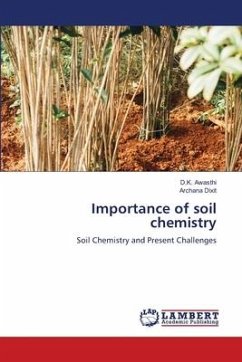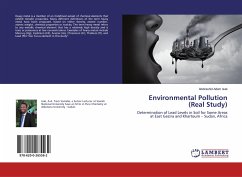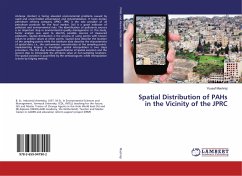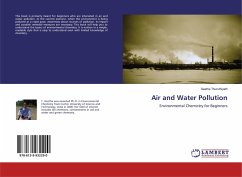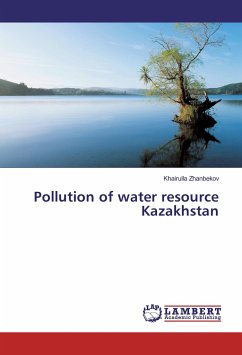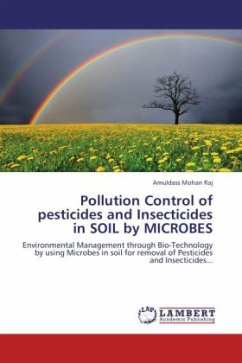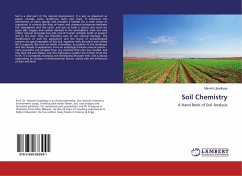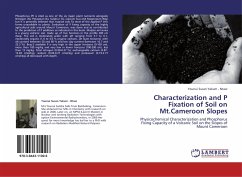Soil chemistry is defined as the field of soil science that deals with the chemical constituents, properties, and reactions of soils. Soil chemistry plays a central role in food production and the protection of human health. Chemical reactions between nutrients or contaminants and soil solids, and the composition of the soil solution and the atmosphere, influence crop growth as well as the quality of our food, air, and water. This collection of 13 chapters brings together studies that highlight how soil chemical constituents, properties, and reactions can be examined or managed using a multidisciplinary approach to move towards a more efficient, sustainable, nutrient-rich, and low-contaminant food production system that affords protection of soil, water, and human and animal health. We believe that studies such as needed to maintain and enhance environmental quality through interdisciplinary scientific approach for humans, animals, and environmental health outcomes.
Bitte wählen Sie Ihr Anliegen aus.
Rechnungen
Retourenschein anfordern
Bestellstatus
Storno

